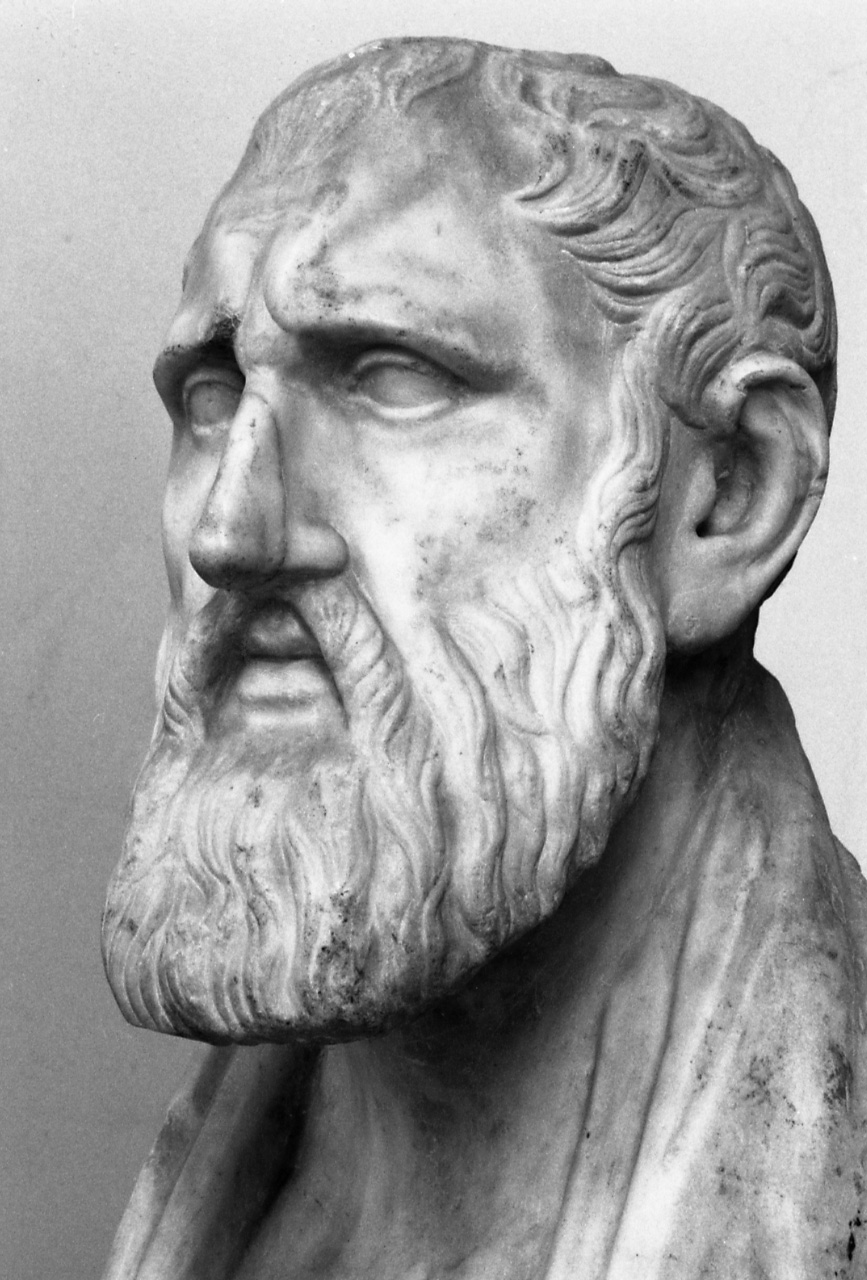Zenão de Cítio Frases famosas
“Nenhum mal é honorável; mas a morte é honorável; portanto a morte não é má.”
citado por Seneca en "Epístolas No. 82"
“O sentido da vida consiste estar de acordo com a natureza.”
atribuída por Diogene Laerzio in "Vitae Philosophorum"
Zenão de Cítio: Frases em inglês

As quoted in De Natura Deorum by Cicero, ii. 8.
“Love is a God, who cooperates in securing the safety of the city.”
As quoted in Deipnosophists by Athenaeus, xiii. 561c.
“We have two ears and one mouth, so we should listen more than we say.”
As quoted in Diogenes Laërtius Lives and Opinions of Eminent Philosophers, vii. 23.
Variant translation: The reason why we have two ears and only one mouth is that we may listen the more and talk the less.
As quoted by Diogenes Laërtius, in Lives of Eminent Philosophers: 'Zeno', 7.87.
The "end" here means “the goal of life.”
As quoted in De Natura Deorum by Cicero, ii. 8.; iii. 9.
“A bad feeling is a commotion of the mind repugnant to reason, and against nature.”
As quoted in Tusculanae Quaestiones by Cicero, iv. 6.
“No evil is honorable; but death is honorable; therefore death is not evil.”
As quoted in Epistles No. 82, by Seneca the Younger
